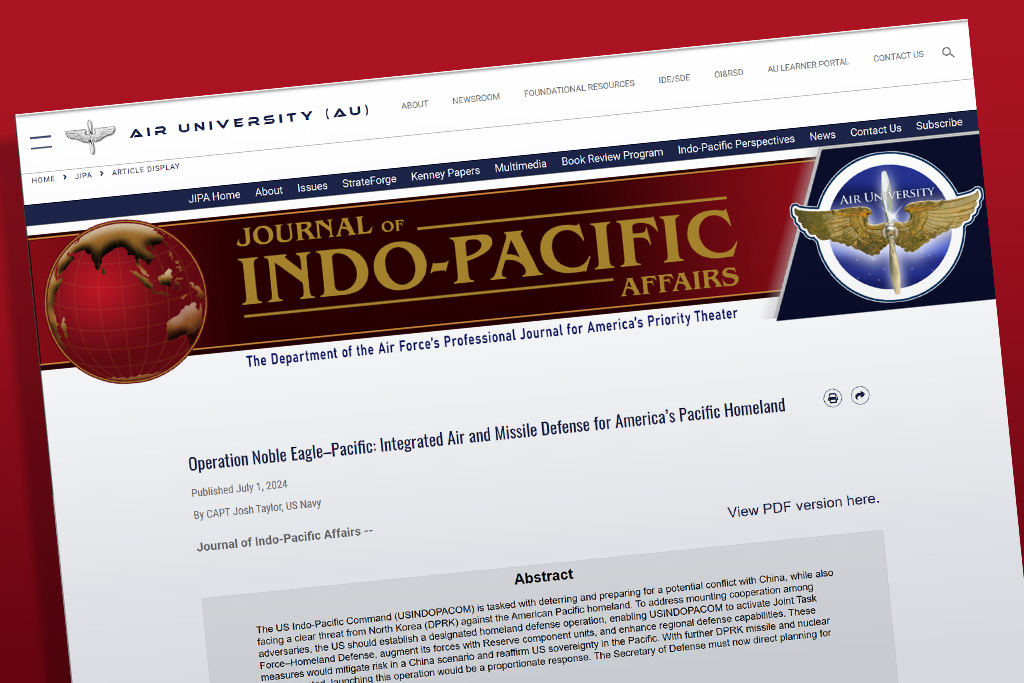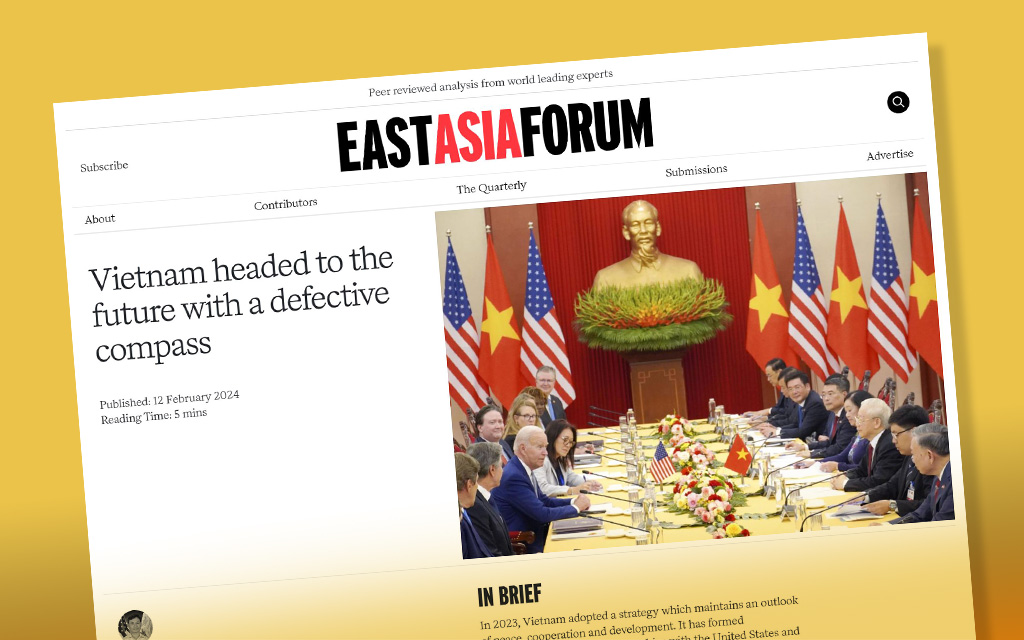The latest issue of “Asian Politics & Policy” was edited by APCSS’ Dr. Alexander Vuving and includes articles written by several APCSS faculty members and an alumnus.
The special issue entitled “How China’s Rise is Changing Asia’s Landscape and Seascape” is available online at: http://onlinelibrary.wiley.com/doi/10.1111/aspp.2012.4.issue-3/issuetoc
The following are abstracts from some of the articles:
“India Balances China” by Mohan Malik
This article argues that classical realism is alive and well in Asia. China, India, and other states are all seeking to establish a balance-of-power favorable to their own interests. Economic engagement and military balancing remain dual components of China’s and India’s policy toward each other. Asymmetric growth in the Chinese and Indian economies has had the effect of intensifying their power competition. The biggest cause of Sino-Indian balancing and counterbalancing is that both countries aspire to the same things at the same time on the same (contested) continental landmass and its adjoining waters. India’s evolving Asia policy reflects the desire to build an arc of strategic partnerships with China’s key neighbors in Southeast Asia and further east along the Asia-Pacific rim, and with the United States, to help neutralize the continuing Chinese military assistance and activity around India, and to develop counter-leverages of its own to keep China sober.
“”Eurasian Response to China’s Rise: Russia and Kazakhstan in Search of Optimal China Policy” by Rouben Azizian, Elnara Bainazarova (ASC10-1)
This article examines the complex interplay between the economic motivation of states, their geographic location, geopolitical aspirations, historical experiences, and cultural biases in the context of Russia’s and Kazakhstan’s relations with China. The concept of Eurasianism, which has been prominent in the political and academic discourse in Russia and Central Asia and is an attempt to reconcile those often conflicting factors, is tested today by the rise of Asia and China more specifically. At the empirical level, the article analyzes China’s evolving role and influence in the Eurasian and Central Asian space and discusses Russia’s and Kazakhstan’s perceptions and responses to China’s emerging activism in the region. Russia’s and Kazakhstan’s future integration in broader Asia-Pacific regional processes and its forms will depend on how the two countries balance the economic and security dimensions of their China relations.
“”The Future of China’s Rise: How China’s Economic Growth Will Shift the Sino-U.S. Balance of Power, 2010-2040” by Alexander L. Vuving
The current debate over China’s rise and the future of international primacy is polarized between two prevalent views: one foresees China becoming the world’s largest economy and taking over the position of international primacy from the United States, whereas the other believes that the Chinese economy will falter as a result of structural imbalances and China will not become a superpower. Both predictions miss the mark. This study argues that notwithstanding the political will to rebalance the economy, China will continue to follow an investment-intensive growth path, and despite the structural imbalances, this path will still be able to lead to Chinese economic primacy. But sheer economic size is not a good indicator of hard power. Using an organic combination of wealth and productivity as an indicator of hard power, the article shows how close the power competition between China and the United States will likely be and that Beijing may not be able to surpass Washington as a superpower.
-END-
The views expressed in these articles are those of the authors and do not reflect the official policy or position of APCSS, the U.S. Pacific Command, the U.S. Department of Defense, or the U.S. government.









Leave A Comment